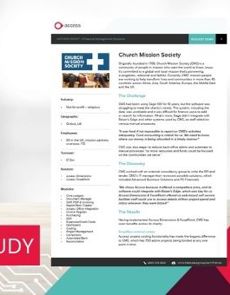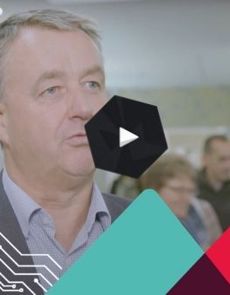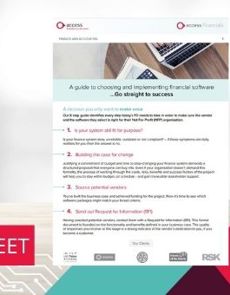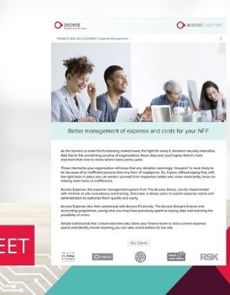Four signs its time to change your charity accounting software
As a growing Not For Profit you’re probably already feeling the frustration of charity accounting software that no longer meets your organisation’s needs. Or perhaps you’ve got used to the ‘way it is’ and have developed work-a-rounds to achieve what you want to a point. In either case, it’s likely to be highly inefficient, wasting a great deal of time and energy that could be spent on more productive work. Here are four signs that you should consider changing your accounting software:
1. Over-reliance on Excel
Recording income – or any other financial data – on Excel spreadsheets is not only inefficient, it opens up the organisation to mistakes and omissions. It’s so easy for errors to creep in, such as a broken formula, leading to incorrect figures and a lot of manual checking. This makes it very difficult to track projects, events or fundraising activity for a true sense of what’s going on.
2. Struggle to report and analyse data
Whether it’s the manual production of income and expenditure against budgets, time-consuming month-end processing, challenging audits or out-of-date and inconsistent reporting, timely analysis is incredibly difficult. Reporting on the previous month almost at the end of the next month is common as it takes so long to pull together the information. This isn’t a good use of the finance team or other stakeholders’ time. Charity accounting software with online project costing and reporting allow individuals to access their own reports, taking the burden off the finance department.
3. Lack of real-time access to data
From trustees and senior management to budget holders, working with out-of-date information is a big problem. Budget holders need access to project and event financials on a daily or weekly basis but older charity accounting software packages can’t provide this level of information very quickly.
This can result in projects going over budget and managers not being able to report to external parties in a timely manner. Where organisations are lucky enough to have finance, payroll, HR, CRM or other software in place, they don’t integrate, meaning that a lot of valuable data is siloed.
4. Manual processes reduce productivity
When staff and volunteers spend as much time on administration as they do on their core role, then there is a serious flaw. Every minute spent inputting, rekeying or trying to find or collate data is the time that isn’t adding value to the organisation. Productivity falls are a huge cost to any Not For Profit.

See the bigger picture with Access Financials
Explore resources
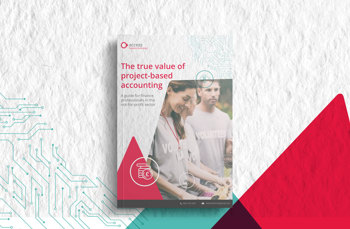
Increase control and oversight on your accounting projects
A guide for finance professionals in the Not For Profit sector looking to understand the principles of project-based accounting and the benefits for NFP finance teams – a must-read to increase control and oversight on your projects.
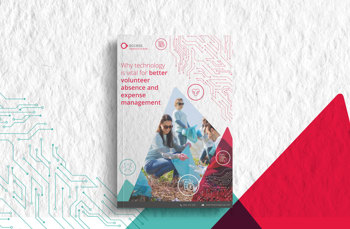
Why technology is vital for better volunteer absence and expense management
This guide explains how technology holds the key to helping organisations to manage volunteer absence and expenses more efficiently.

Charity finance management solutions for Not For Profit organisations
Watch this video for a short overview of Access Financials, our cloud-based financial management system designed with the specific challenges of Not For Profit charities in mind.
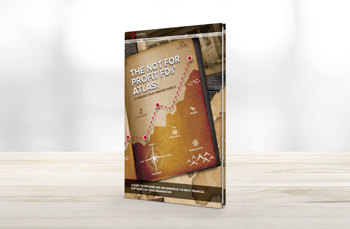
8 steps to follow when reviewing your finance software
A guide to choosing and implementing the right financial software for your organisation.



